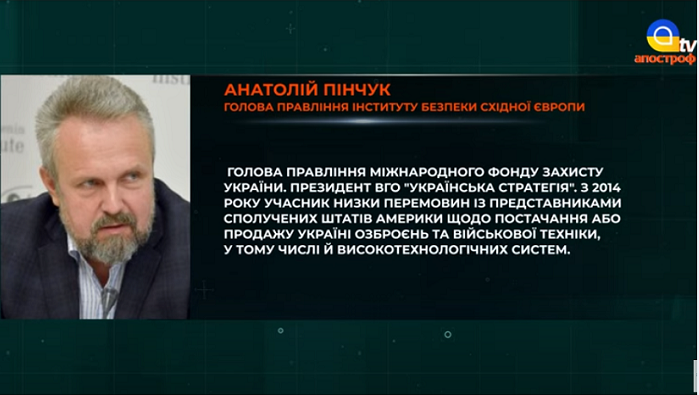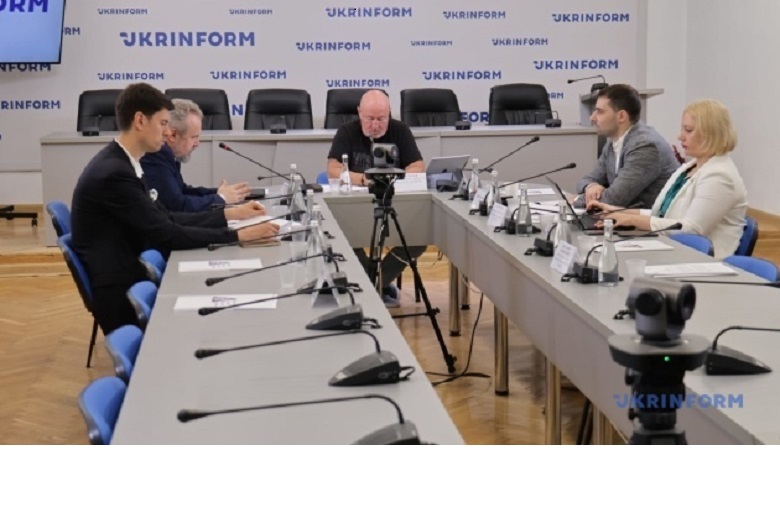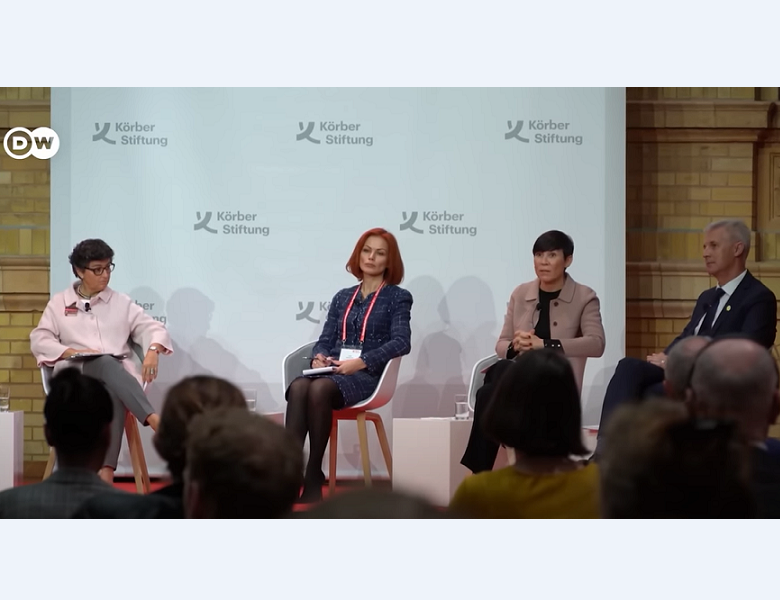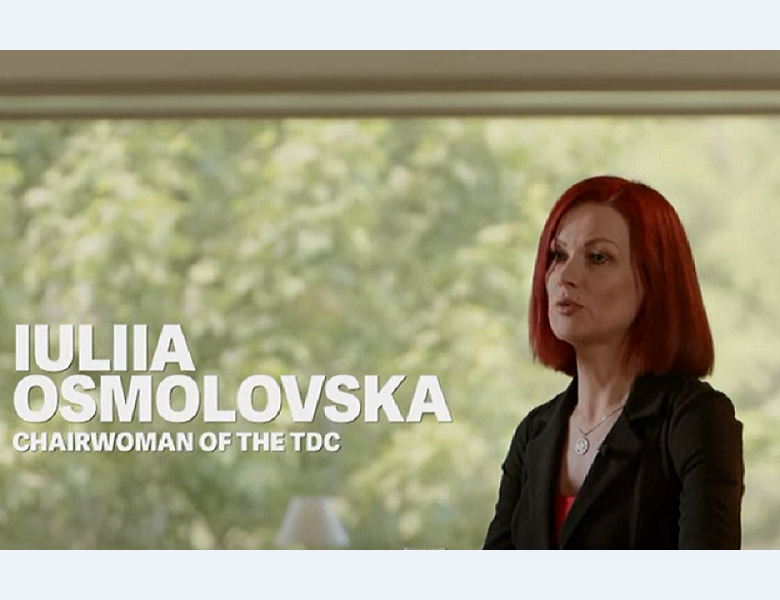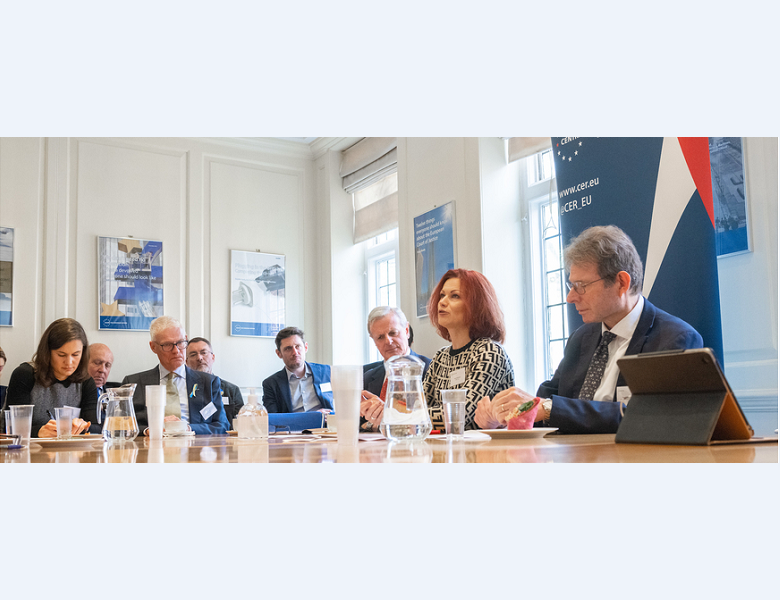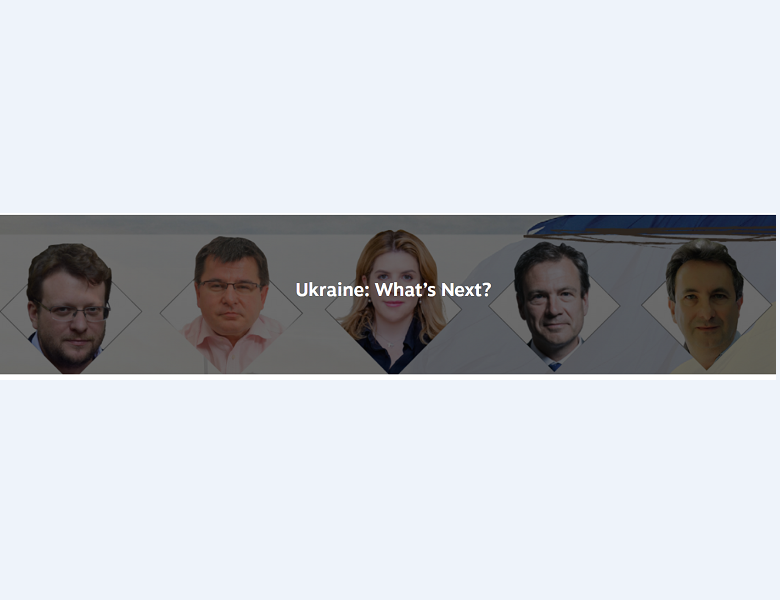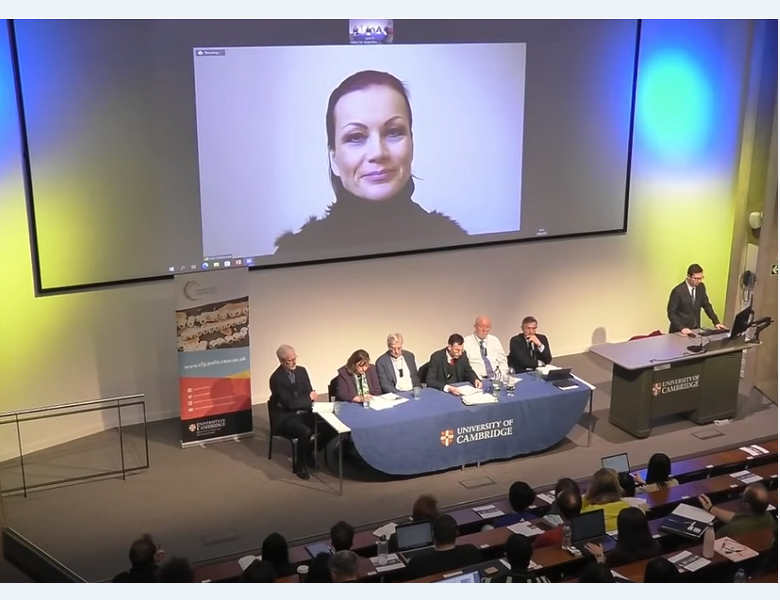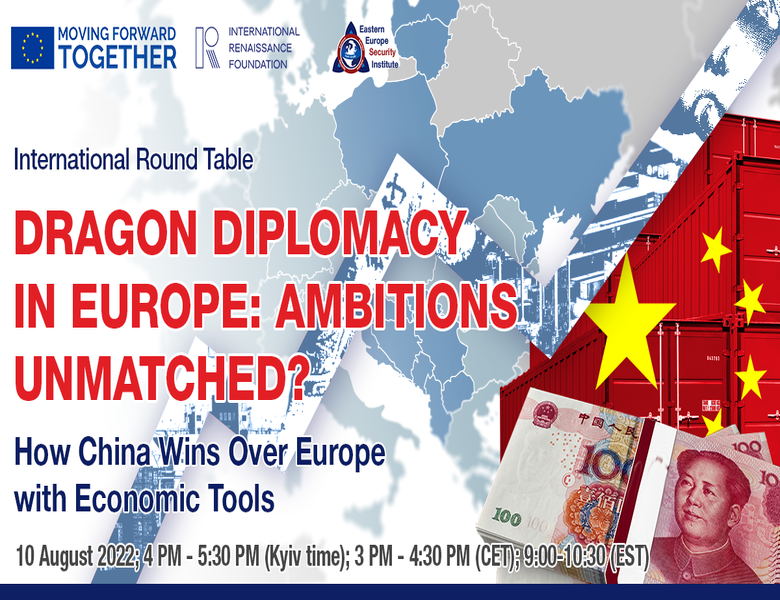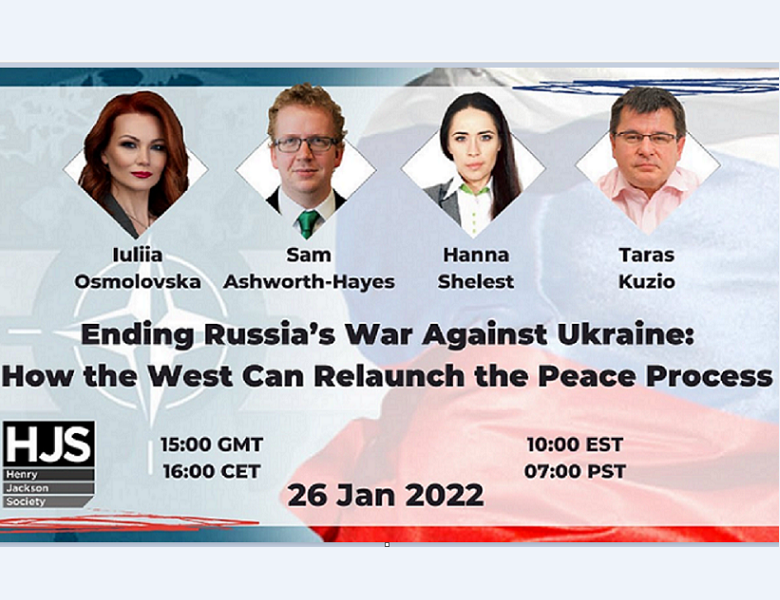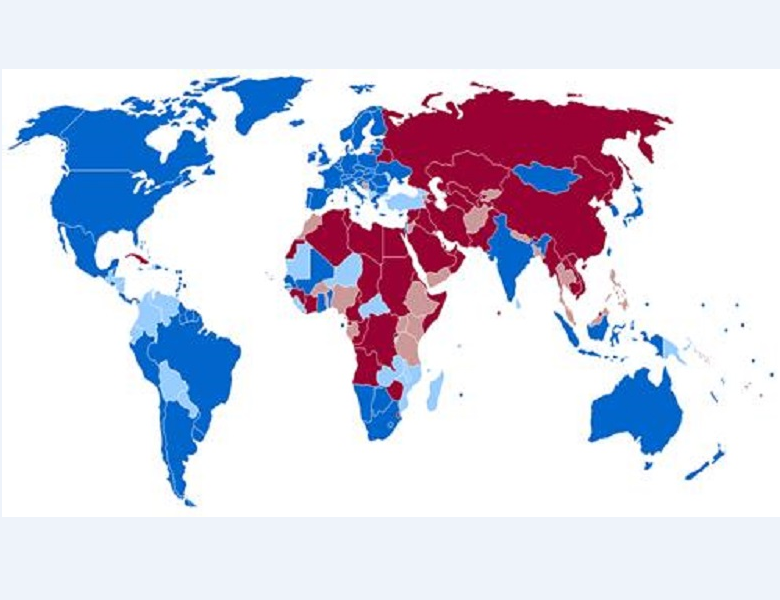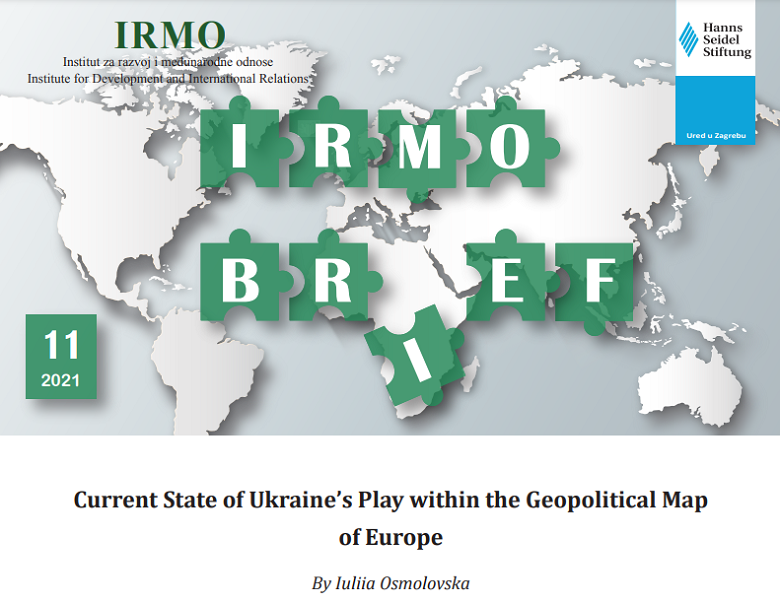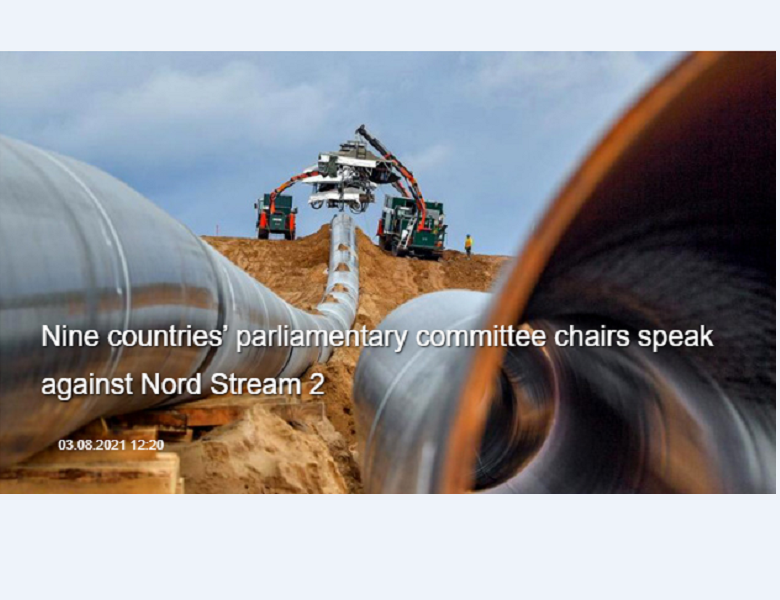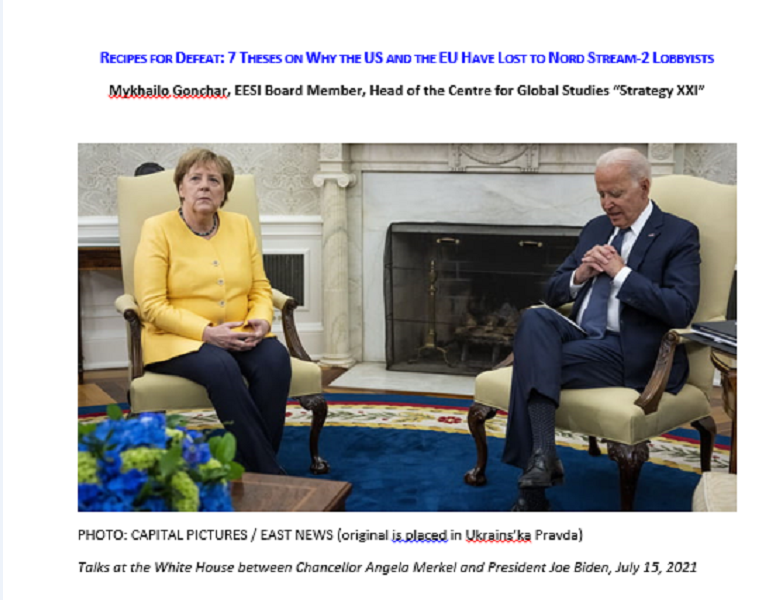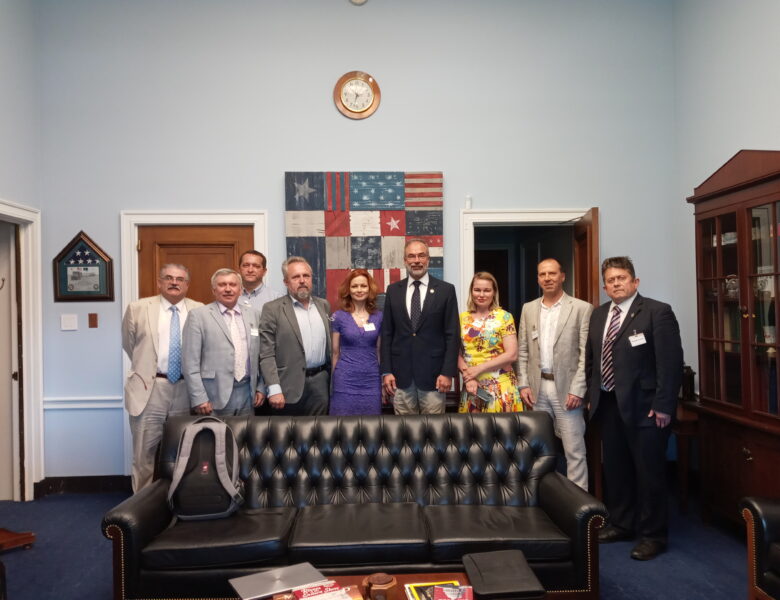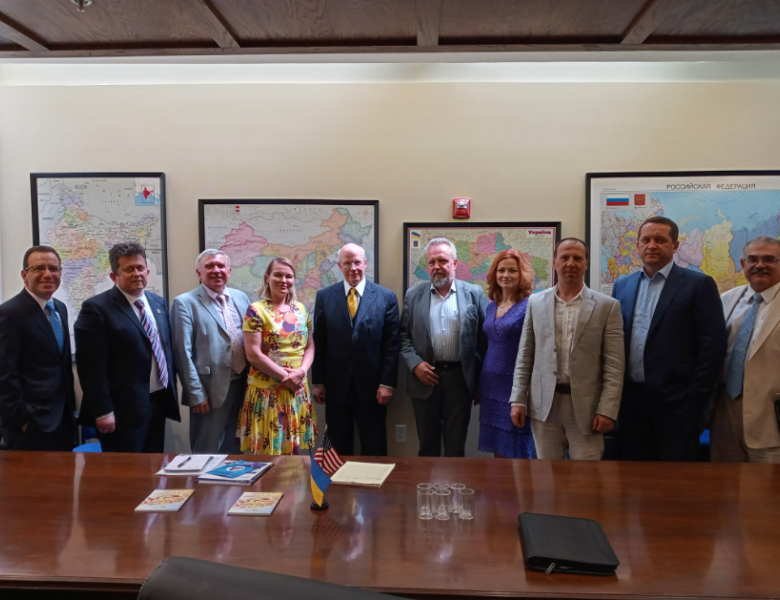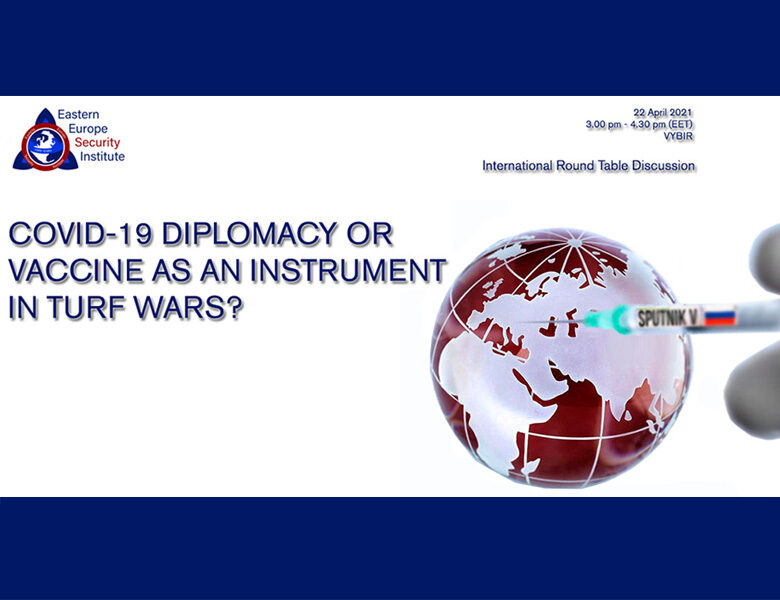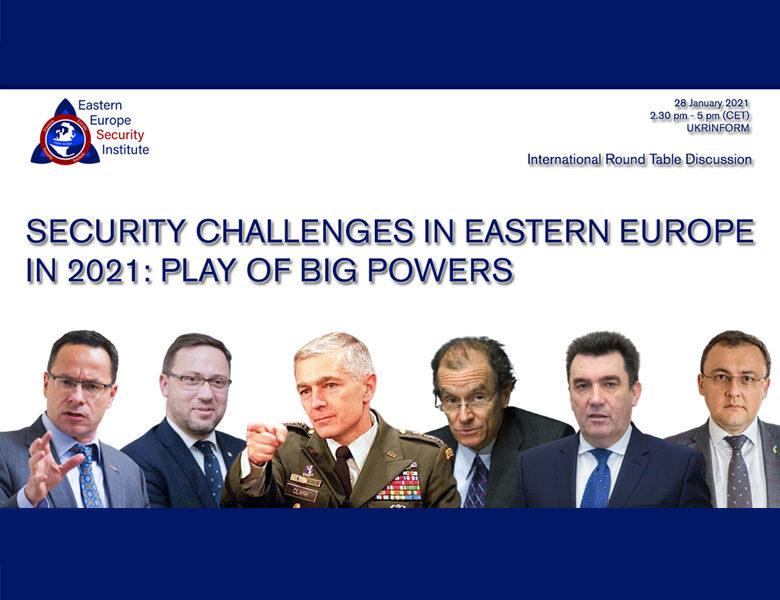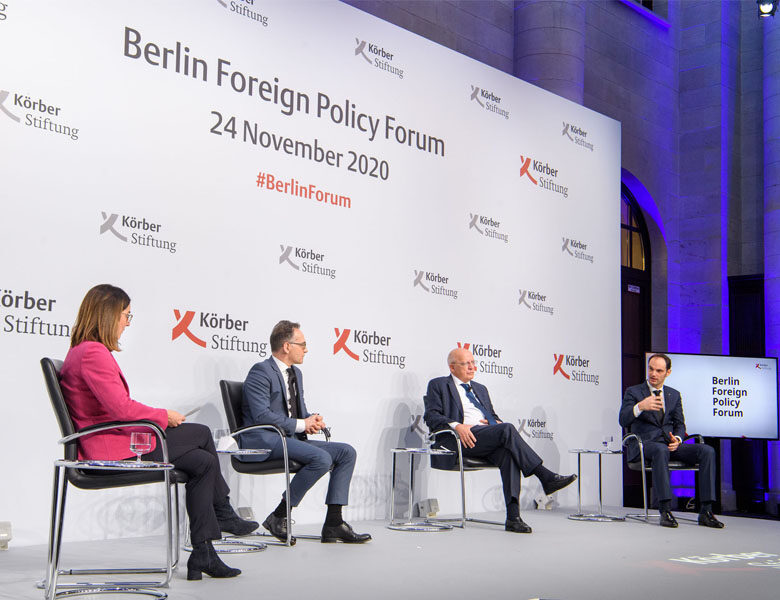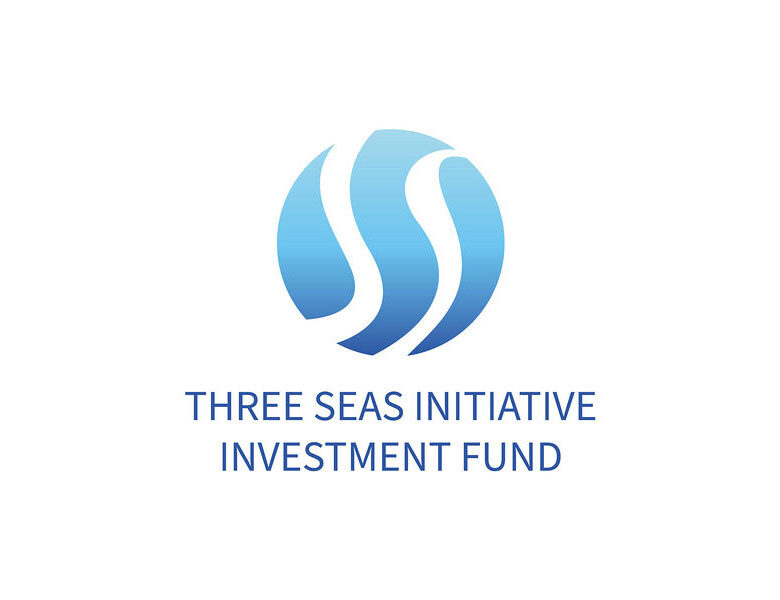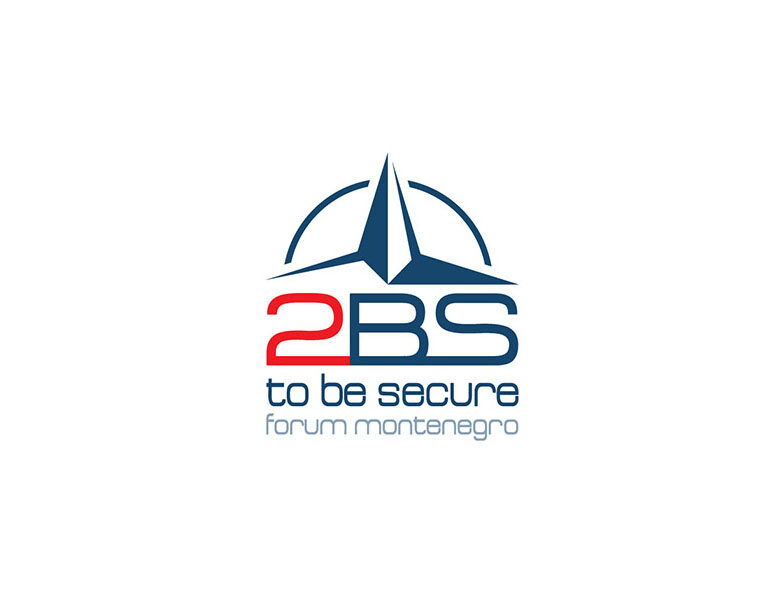With the support of the Renaissance Foundation the Eastern Europe Security Institute (EESI) organized and headed the Ukrainian delegation of the leading security experts to Washington on June 21-25, 2021.
The purpose of the visit was to inform US officials, politicians and experts about the current security situation in Ukraine and Eastern Europe in general, the increasing threats (including military ones) from the Russian Federation, the risks associated with the completion of Nord Stream 2 and the expansion of China in the region, as well as to discuss the possibilities of Ukrainian-American cooperation at all levels (official, expert and civil activities) with the aim to strengthen security and stability in the region.
During the visit, the Eastern European Security Institute together with the American Council on Foreign Policy held a round table on “Risks of Russian influence in Ukraine and Eastern Europe.” During the event, the Ukrainian delegation presented the updated Ukrainian studies on increased attempts of the Russian Federation to influence the internal politics of the countries in Eastern Europe, as well as the new evidence of the rise of aggressive information operations of the Russian Federation. The roundtable also examined the growing tension in the Black Sea region caused by the strengthened military presence of Russia, as well as measures on holding Russia accountable for its violations of the international law, which enshrine from the illegal annexation of the Ukrainian Crimea.
The visit encompassed the meetings in Senate and the House of Representatives (in particular, with the Co-Chair of Congressional Ukraine Caucus Sen. Andy Harris, staff members of the Committee on Foreign Affairs of the Senate, Committee on Security and Cooperation in Europe (the Helsinki Commission), US State Department, USAID, Institute of Peace, National Endowment for Democracy (NED), as well as with the leading US analytical centers as Potomac Foundation, Atlantic Council, Jamestown Foundation, FDD, Rand Corporation and others. During the meetings the delegation discussed with its US counterparts the issues of regional security in Europe, US foreign policy towards Russia and Ukraine, security situation in Ukraine (in the light of recent build-up of Russian troops at eastern borders of Ukraine), US sanctions on Nord Stream-2.
Meetings included talks on development of American-Ukrainian cooperation on enhancing civil society role in political processes in Ukraine and discussions of further coordinated actions necessary to prevent geopolitical harm of Nord Stream-2, as well as energy security in broader term. The Ukrainian team updated their American partners on recent developments in our country, new forms and methods of Russia’s hybrid activity, which have been recently detected in Ukraine and Eastern European countries, as well as other outstanding security challenges in Eastern Europe and perspective role of US in strengthening the security framework in the region.
The visit envisaged extensive consultations with pro-Ukrainian US-Ukraine Foundation and Center US-Ukraine relation on enhanced cooperation and healthy lobbying activity with the involvement of the Ukrainian diaspora in the USA.
The delegation consisted of Mr. Anatolii Pinchuk, Head of Board of the EESI, President of the All-Ukrainian NGO “Ukrainian Strategy”, Head of the Ukrainian Center for External Economic Relations, Ms. Iuliia Osmolovska, Executive Director of the EESI, Mr. Mykhailo Gonchar, Member of Board, EESI, Head of the Centre for Global Studies “Strategy XXI”, Editor-in-Chief of the “Black Sea Security” journal, Ms. Alyona Hetmanchuk, Director of “New Europe Center”, Mr. Andrii Ryzhenko, the Chairman of the Supervisory Board of “Ukrainian Institute of Security and Law of the Sea”, Mr. Max Karzhsky, Political analyst and Policy development director of the UPA “Ukrainian Strategy”.
Mr. Oleksii Gridin, Adviser to the Secretary of the National Security and Defense Council, Chairman of Volunteer Council of the Ministry of Defense of Ukraine, Founder and Board Member Ukrainian Security Studies Institute also joined the delegation for some meetings under the program.
